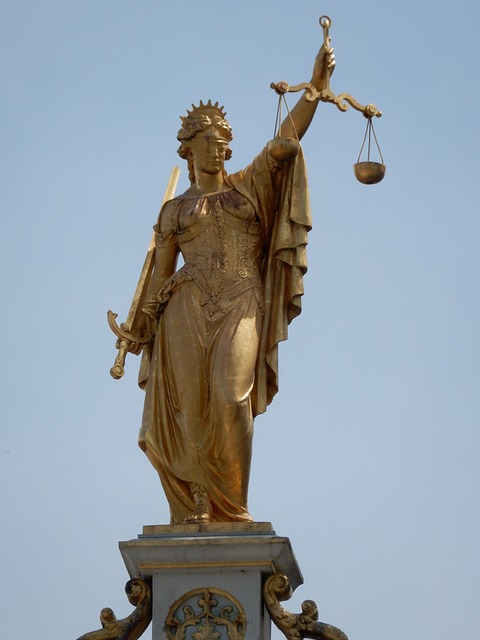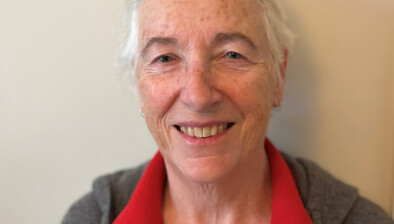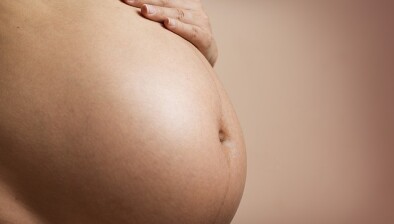Rules for disclosing in-camera evidence creating barrier to judicial conduct complaints

Restrictions on the disclosure of evidence heard in-camera are creating an inadvertent barrier to complaints about the conduct of judges in family law cases, the Judicial Council has said.
The registrar of the Judicial Council’s judicial conduct committee has written to a number of complainants to highlight issues created by the judgment of the High Court in X v Y [2022] IEHC 584.
The judgment, handed down by Mr Justice Max Barrett last October, affirmed that permission must be sought from the court before disclosing information from in-camera proceedings to third parties.
The judicial conduct committee has suggested that a legislative amendment to the Civil Liability and Courts Act 2004 may now be required to prevent judges holding an effective veto on the disclosure of evidence that could be considered as part of investigations into their own conduct.
Kevin O’Neill, secretary to the Judicial Council, told The Irish Times: “The detail of matters relating to particular family law proceedings and to judicial complaints are confidential and cannot be commented upon.
“It is the case that an issue has arisen in relation to the interpretation of a High Court judgment delivered in proceedings to which the Judicial Council was not a party.
“The registrar to the judicial conduct committee has communicated with the relevant complainants and in doing so indicated a route by which it may be possible to progress a complaint in accordance with the judgment.
“In addition, the matter was discussed by the board of the Judicial Council, as a result of which a request for an appropriate statutory amendment has been made which, if implemented, would obviate the necessity for this step.”








